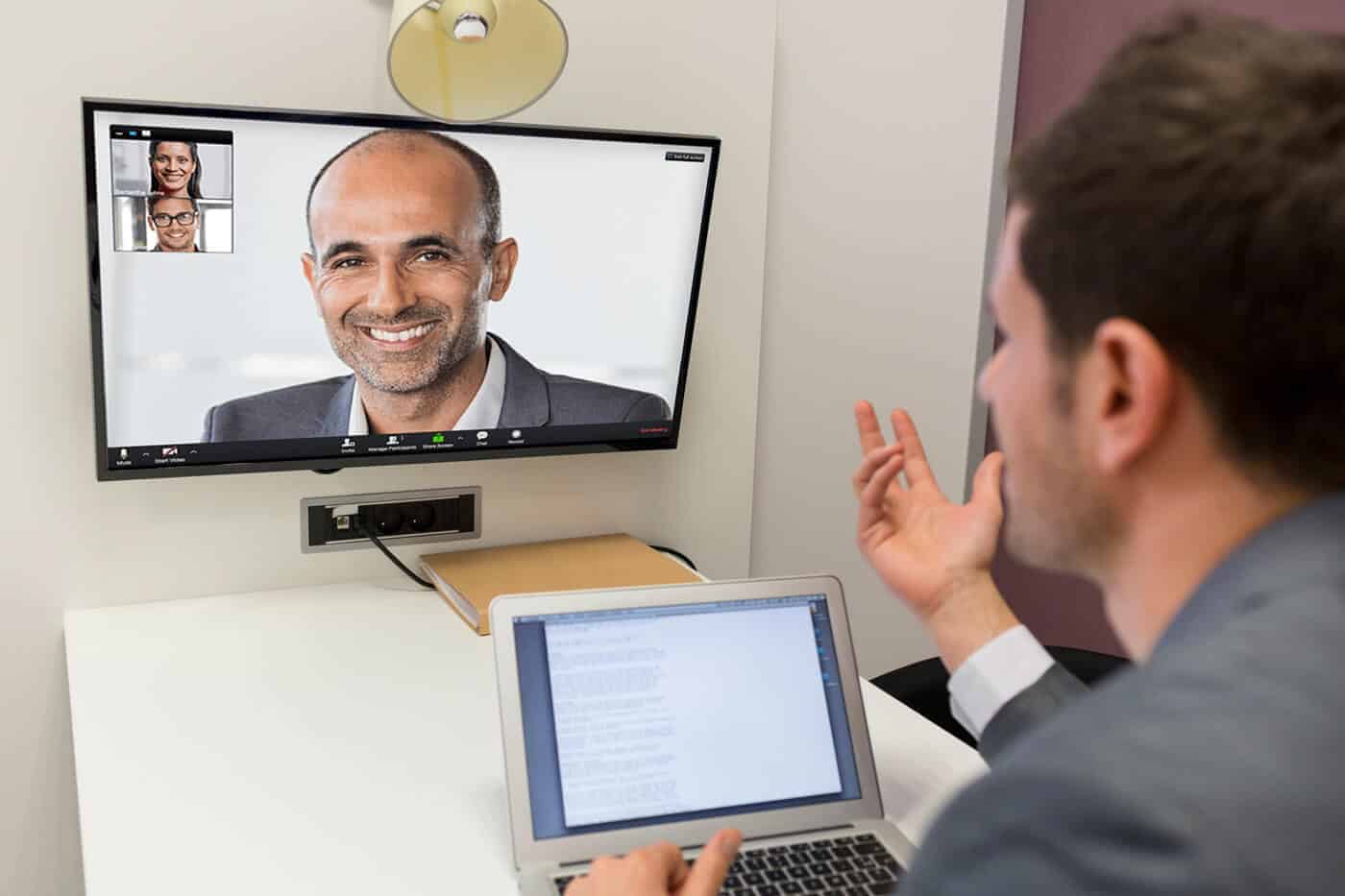If you want to connect with someone – whether it’s a colleague or a customer – the options are almost endless. Today’s businesses have access to voice, video, instant messaging, text messaging and so much more. For many organisations, video is one of the most compelling communication options – capable of offering more immersive meeting and collaboration solutions.
The question is – just how popular is video? Is it about to take over voice once and for all? Or is video just one part of a complete communication strategy.
The continued value of voice
The market for video conferencing is set to be worth over $20 billion by 2024. However, that doesn’t mean that there isn’t still room for voice. Voice has always been a valuable part of the communication conversation, and despite the rise of other contact options, it remains a popular channel today.
With a video stream, it's possible to engage in more immersive conversations, complete with visual context Click To Tweet
Voice has the value of simplicity attached to it. People don’t have to struggle to set up a voice call or audio conference. They’ve been doing it for years! What’s more, your colleagues won’t necessarily feel awkward multi-tasking when they’re on the phone with a voice call. On the other hand, typing or reading information when on a video call is more of a faux pas.
Today’s users still don’t know how to act on video calls. Often, the pressure of being “under observation” is one of the main things that hold employees back. On top of that, until very recently, video conferencing has been a solution reserved mostly for bigger businesses. Setting up video was once a far more expensive and time-consuming experience.
Why video may still be the new voice
Although video will take some getting used to, its benefits far outweigh the potential issues. Video calling takes digital conversations to the next level for businesses and consumers alike. With a video stream, it’s possible to engage in more immersive conversations, complete with visual context. After all, it’s much easier to show someone something, than try and explain it over the phone.
Video allows for an improved level of conversation, supported by the visual cues that we rely on in face-to-face interactions. Because of this, the right video calls can lead to stronger connections between colleagues, and better experiences for customers too. Additionally, because everyone can see each other in a video conference, you can rest assured that the people in your team will be completely focused on the conversation at hand.
Combine the communication clarity of video conferencing with the fact that video is becoming easier to deploy, and it’s easy to see where it may begin to grow. Solutions like RingCentral make it easy for anyone to set up a video conversation in a matter of minutes, from their smartphone, laptop, computer or any other device.
Is video the future of communication?
Ultimately, although it’s safe to say that interest in video is growing, it’s not necessarily going to replace voice yet. There are still circumstances where voice may be the best solution for a conversation. The best thing that today’s businesses can do is make sure that they’re empowering their teams with the best selection of communication channels and tools.
Team members that have the freedom to switch between messaging, voice and video according to the nature of their discussion will achieve a more comprehensive and productive communication environment.
Find out how the RingCentral complete business communications system empower your teamLearn more
Originally published Feb 19, 2019, updated Jan 30, 2020

